The Construction Leadership Council argues that within two years construction could bounce back from the Covid-19 lockdown as a more professional, productive and profitable industry.
But chiefs also warn the Government that failure to stimulate demand risks construction sliding into a perilous longer-term recession that further erodes the skills base leaving the industry smaller and weaker.
This would impact on its ability to decarbonise the UK and deliver the strategic infrastructure needed to grow the economy.
Three-phase plan
Restart (first 3 months): increase output, maximise employment and minimise disruption due to disputes.
Reset (3-13 months): drive demand, fresh approach to compensate for loss of productivity due to safe working regime, strengthen capability in supply chain
Reinvent (12-24 months): transform the industry by adopting digital and manufacturing technologies, deliver better value, collaboration and partnership
The CLC task force is now engaging with Government to test how the plan might be delivered.
This would see four taskforce groups set up from representatives of trade bodies to cover post-Covid-19 strategies for: infrastructure; housing; domestic RMI; and local, social and domestic construction.
Construction Leadership Council joint chair Andy Mitchell said: “The unprecedented challenge of coronavirus calls for unprecedented solutions.
“I am delighted by the way that the industry has collaborated at pace to develop this plan, targeting those interventions that will help the industry get back on its feet as quickly as possible.
“We hope that everyone will take the opportunity to read the plan and consider the part you can play in its delivery”
In the restart phase, the CLC wants to see work on all projects and programmes ramped up to the highest level possible, with extended working times and fresh Government commitments on its spending plans.
It also wants a bespoke test, track and trace services for construction workers.
During the restart phase, the industry is also calling for a more flexible job retention scheme to support a phased return to work from July-Dec 2020.
In return, it would commit to moving workers off the JRS as soon as possible and restart the training of apprentices.
The industry also wants implementation of the Government’s reverse charge VAT scheme to be pushed back a further year to October 2021.
The routemap also aims to review and rewrite the plan in September after the initial restart phase is established.

.gif)



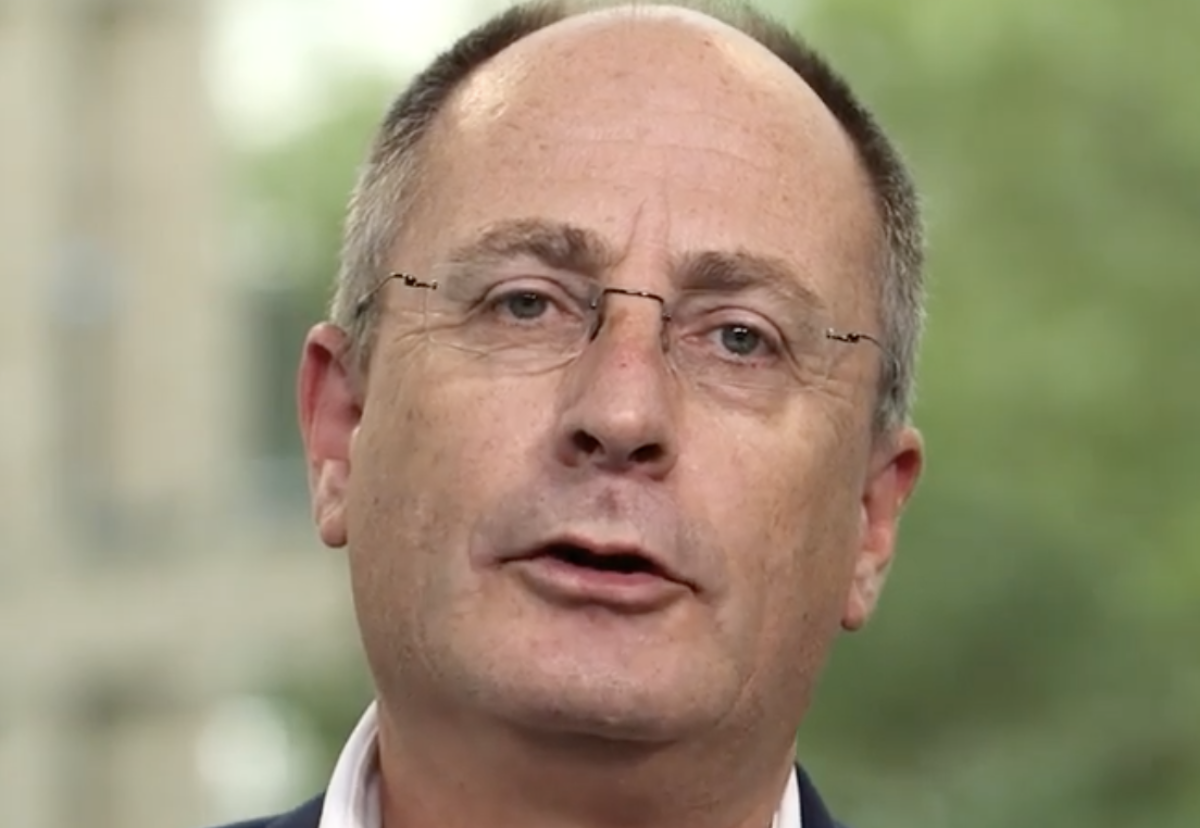


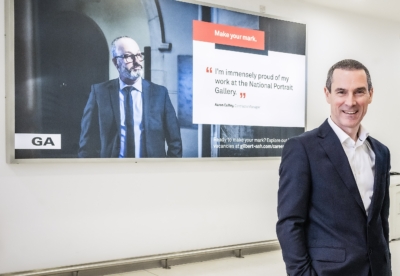
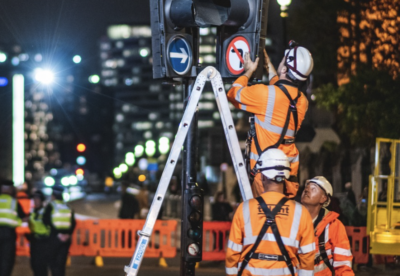




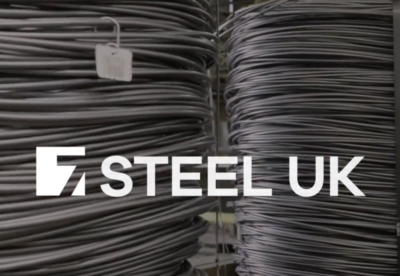








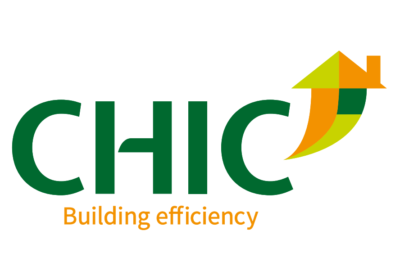






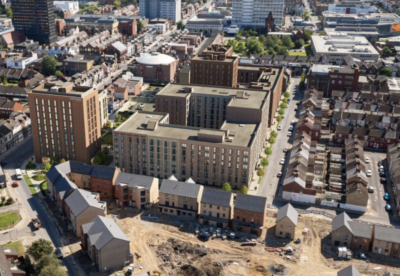



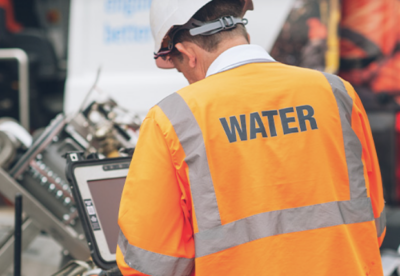



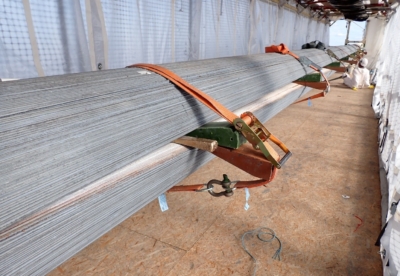



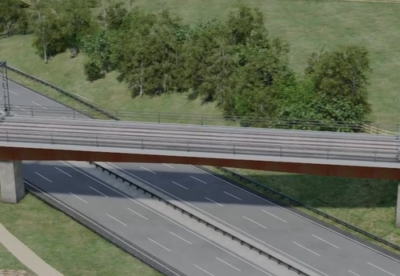

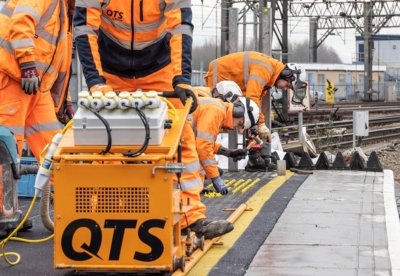

 (300 x 250 px).jpg)


.gif)





